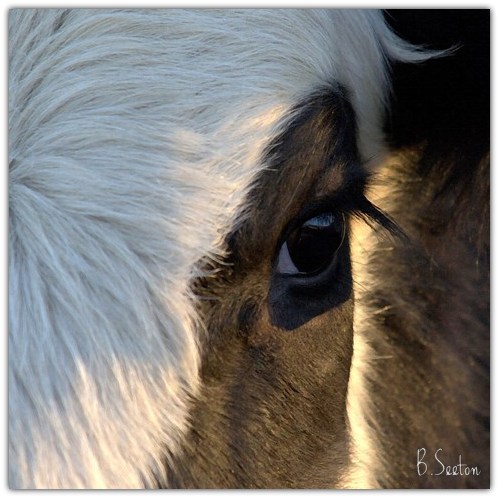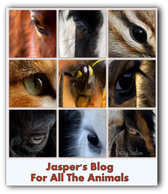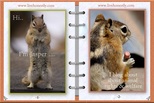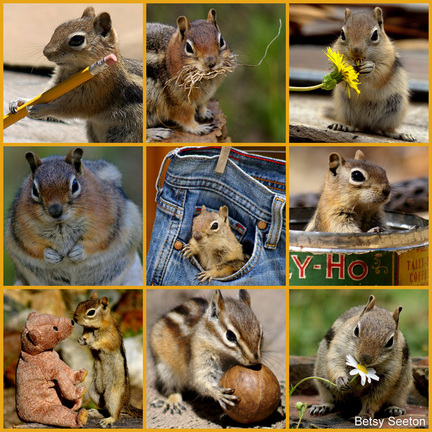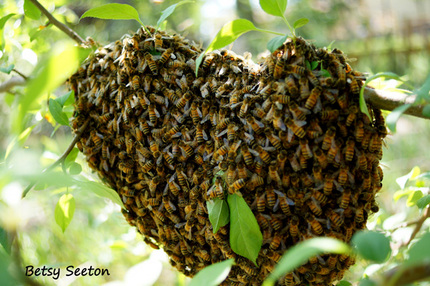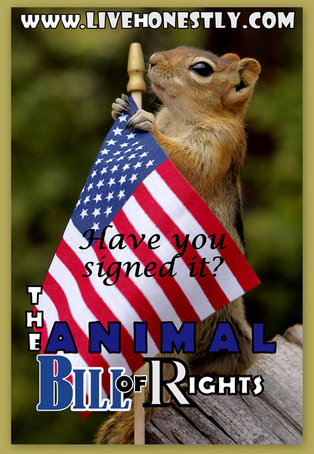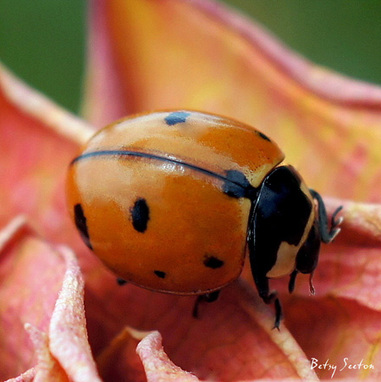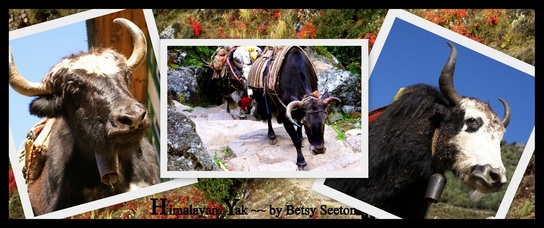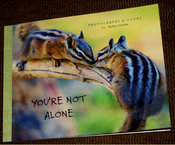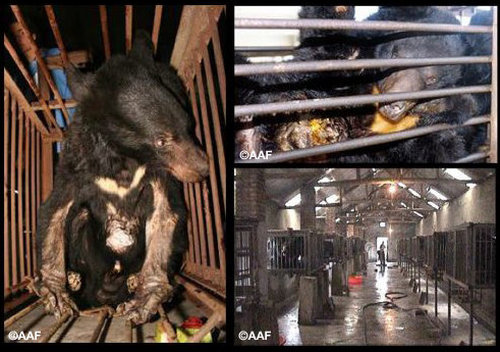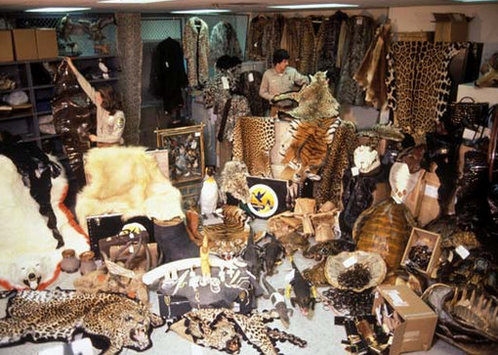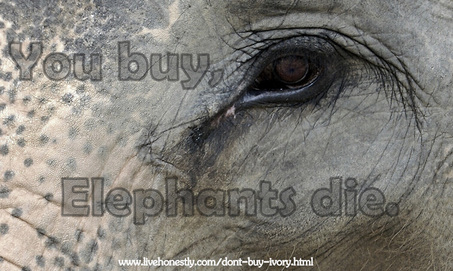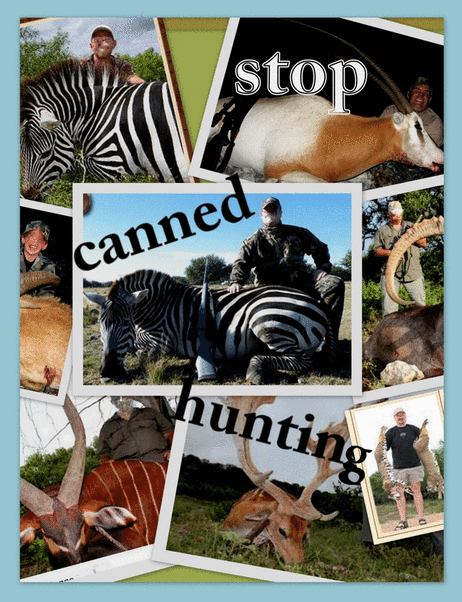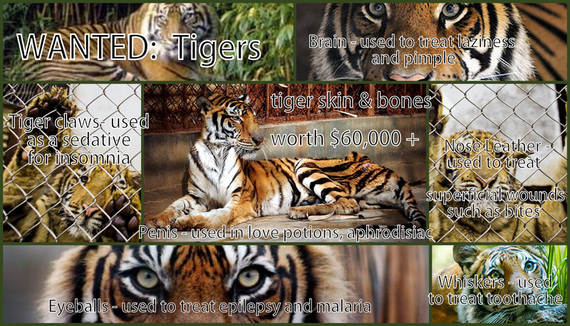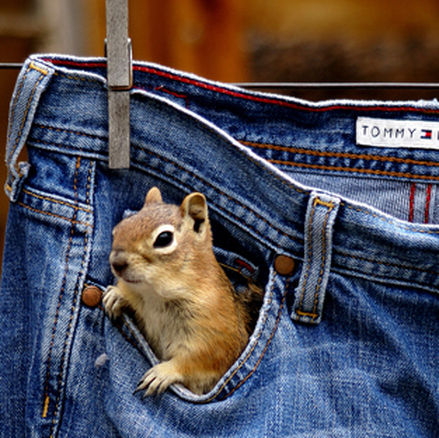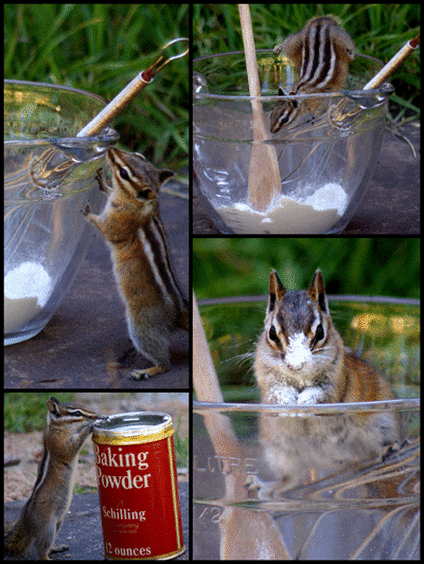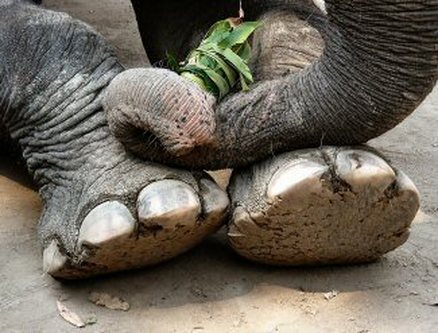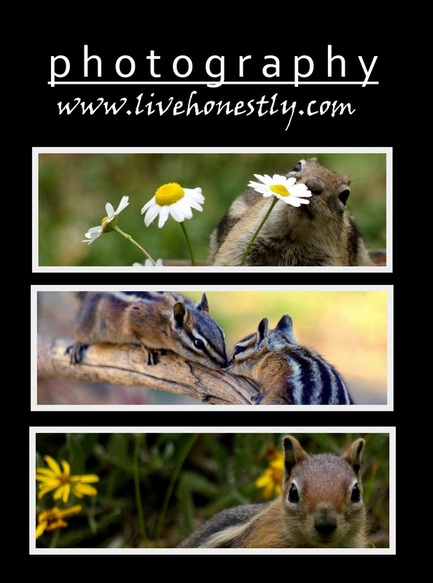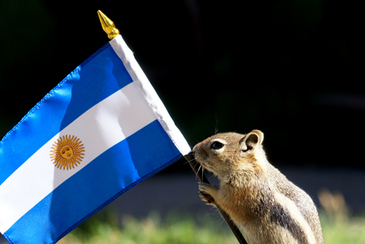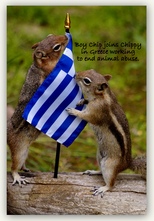|
John Webster, a professor of animal husbandry at Bristol, has just published a book on the topic, Animal Welfare: Limping Towards Eden. “People have assumed that intelligence is linked to the ability to suffer and that because animals have smaller brains they suffer less than humans. That is a pathetic piece of logic,” he said. [ I first posted this on my photography website, but as the content grew, it seemed appropriate to post under Jasper's Blog.]  photo by Betsy Seeton - 2014 photo by Betsy Seeton - 2014 I am currently wintering in cow country and farmville. In any direction I go I will see pastures of horses, cows, goats, sheep, alpacas, and chickens. Yesterday I stopped at a large cow feed lot. The troughs had just been filled and the cows were gathered on both sides of the little road behind fences. I'm out with my camera talking up a storm with these cows. If the cow owners ever heard me, they'd think I was crazy for sure. The thing is, I was connecting with them. It's not my first time. I mooed at a group of cows last year and ended up with the whole herd standing there in a large mass just staring at me. I have photos to prove it! Yesterday, these cows, up to fifty or more of them, held my eyes intently and the ones that were eating stopped to gaze at me. What animal stops eating like that? They slowly went back to eating, but continually paused to watch me. The whole herd began to gather and come toward me. Some were pushing through the crowd like someone does who has to see what all the fuss is about. If any group of animals could be said to look like a crowd of humans gathering around a super star or something, it was these cows. Even the cows at the back of the pasture began to walk toward me. They all had their eyes on me. And I mean all of them. The most remarkable thing was when number 1-29 came up to the fence to reach my hand and offered her nose to be petted the way I would pet a horse. I was mesmerized. I'd never stroked a cow before. She backed away after I petted her and seemed to be processing what just happened and then came up for another pat before I left. When I first wrote this piece I wrote this sentence, "Other cows stood around her as if admiring her courage and it seemed they wish they had the guts to be so curious." When a reader commented on Reddit about this here's what was said: "Yes, it's obvious that cows are sentient, i.e. are aware of their surroundings and experience pain. But sentences like this make me cringe;"Other cows stood around her as if admiring her courage and it seemed they wish they had the guts to be so curious."Sigh, anthropomorphism like this just destroys any logical argument." I get what the reader is saying. I actually agree. The way I worded that sentence is questionable. But I try not to anthromopomorphize when I'm experiencing connections with other life forms. I don't want that label. I spend a lot of time in the field with camera, and a lot of time with my subjects to 'get to know them' so to speak. I've written about my interactions with bees, spiders, butterflies, wasps, dragonflies, grasshoppers, chipmunks, birds, and list goes on. I'll never know for sure what any of these creatures were thinking. What I can do is simply express how it felt. I'm not saying it is what I felt, and there's a difference between saying "it felt" and claiming the creature was feeling such and such. The whole encounter touched me deeply. I kept thinking I wish I could hear what they had to say. Their eyes had a story to tell me. I could feel it. They were so alive and full of want and desire. I kept talking to them. It was gut wrenching to know they were all going to be killed soon. If more people could have a chance to connect like I did, I wonder if it would change anything? "Recent studies have shown that farm animals do in fact exhibit human-like qualities in terms of their emotional life and in their relations with other animals. Cows in particular, who are often used as an example to showcase mindless docility in animals, do in fact have a complex internal psychological life in which they bear grudges, nurture friendships and become excited over intellectual challenges. They're also capable of feeling strong emotions such as happiness, pain, fear and even anxiety." Source  photo by Betsy Seeton - 2014 photo by Betsy Seeton - 2014 "A genetic study of cattle has claimed that all modern domesticated bovines are descended from a single herd of wild ox, which lived 10,500 years ago." ~ By Duncan Geere, Wired UK "Beef cattle are often reared outdoors on grass, although many are brought indoors or crowded into feedlots for fattening before slaughter. Even though many cattle in the UK, Ireland and Northern France are fattened on grass, many cattle are fattened indoors across most of Europe. In indoor systems, beef cattle are commonly housed on slatted floors in crowded conditions, which increases aggression and can lead to severe injuries and lameness." Source
0 Comments
Your comment will be posted after it is approved.
Leave a Reply. |
"Ask not what an animal can do for you; ask what you can do for an animal." Jasper
"The animals of the world exist for their own reasons. They were not made for humans any more than black people were made for white, or women created for men." ~Alice Walker The source of the quote is Walker's preface to Marjorie Spiegel's 1988 book, "The Dreaded Comparison" . Her next sentence was, "This is the gist of Ms. Spiegel's cogent, humane and astute argument, and it is sound." Archives
February 2015
"I was so moved by the intelligence, sense of fun and personalities of the animals I worked with on (the movie) Babe that by the end of the film I was a vegetarian." ~ James Cromwell Categories
All
|
